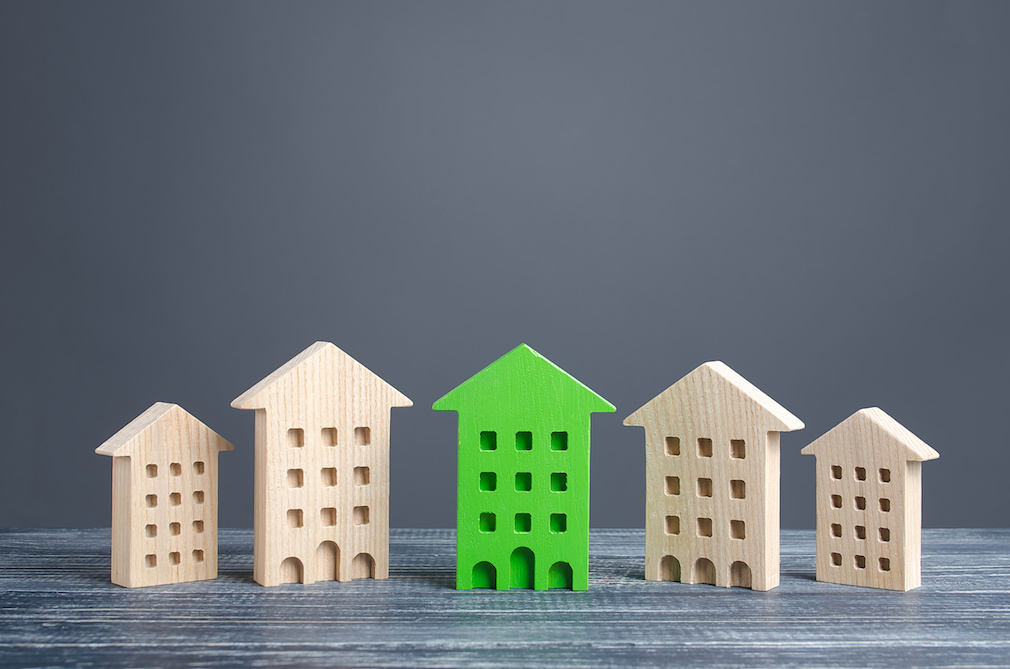Rent has risen 3.2% compared to the same time last year, making national average rent $1,468 in February, according to a new report from RentCafe.
This means that the cost of renting seems to be at a plateau compared to the same time last year, when the cost rose at 3.5% yearly.
Seattle is currently home to the largest rent increase among larger renter hubs, at $113, while Houston saw the lowest increase, at $21.
The most expensive apartments are in Manhattan, at $4,208 per month, while the lowest rents are in Wichita, Kansas, $665 per month.
Coming off of slow apartment growth in 2019 due to labor shortages and supply shortages, a decade of thriving construction and low-interest rates are ahead, the report said.
“The economy still stands to benefit from ultraslow rates,” the report said. “Homeowners are refinancing while renters are seeing normalized rent growth which reduces their monthly payments and allows them to spend in other areas. We haven’t seen the impact of the COVID-19 pandemic in official data yet, as February employment growth was very strong, jobless claims did not increase and rent growth continued its steady increase. However, the coming weeks and months will likely come with employment cuts and a slowdown in trade.”
Southern and Southwestern cities have seen the most rent hikes, with Phoenix apartments taking the lead after a 9.6% yearly increase, which brought their average rate up to $1,141.
Impact from coronavirus
Not turning a blind eye to the current economic situation, Doug Ressler, manager of business intelligence at Yardi Matrix, said that the strong housing market in February will not be reflected in March due to the coronavirus pandemic.
This pandemic has led to businesses and schools closing, resulting in government assistance in mortgage forbearance and pauses on evictions.
“It seems inevitable that the U.S. economy will experience a technical recession,” Ressler said. “While the data has yet to reflect the impacts of COVID-19, the coming weeks and months are likely to show employment cuts and a slowdown in trade.”
Because of the worldwide pandemic, the number of sessions on rentcafe.com decreased by approximately 25% in the week of March 11-17, compared to the previous week, a stark contrast to what a typical traffic evolution would be during this time of year, the report said.
In the same week last year, traffic saw a decrease of about 4% from one week to another, which is much more stable behavior under normal circumstances, the report said.
“We expect the impacts of coronavirus to last three to six months, before a steady recovery boosts the economy once again,” Ressler said.






